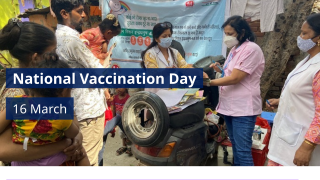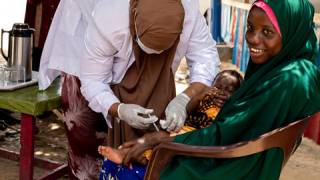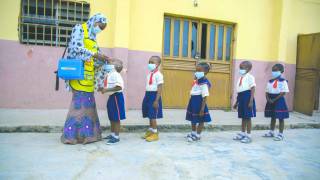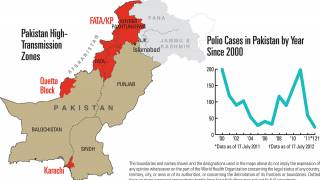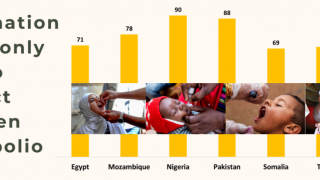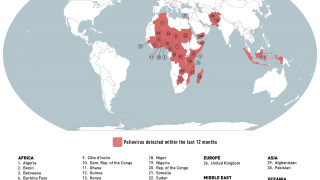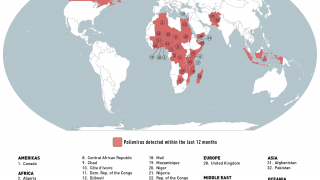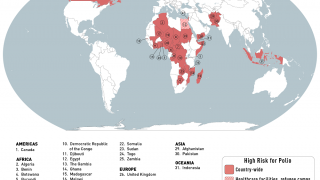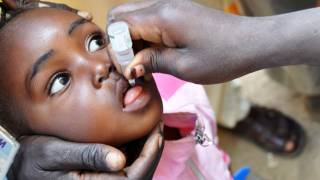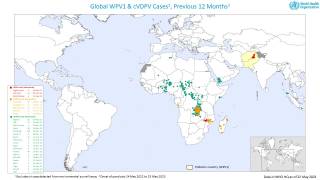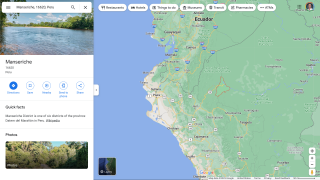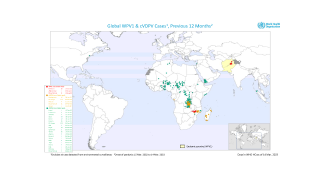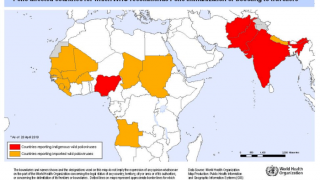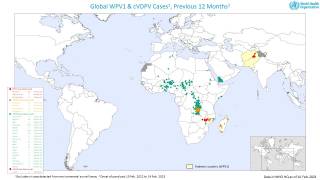Polio Outbreak Warning Upgraded in 5 Countries
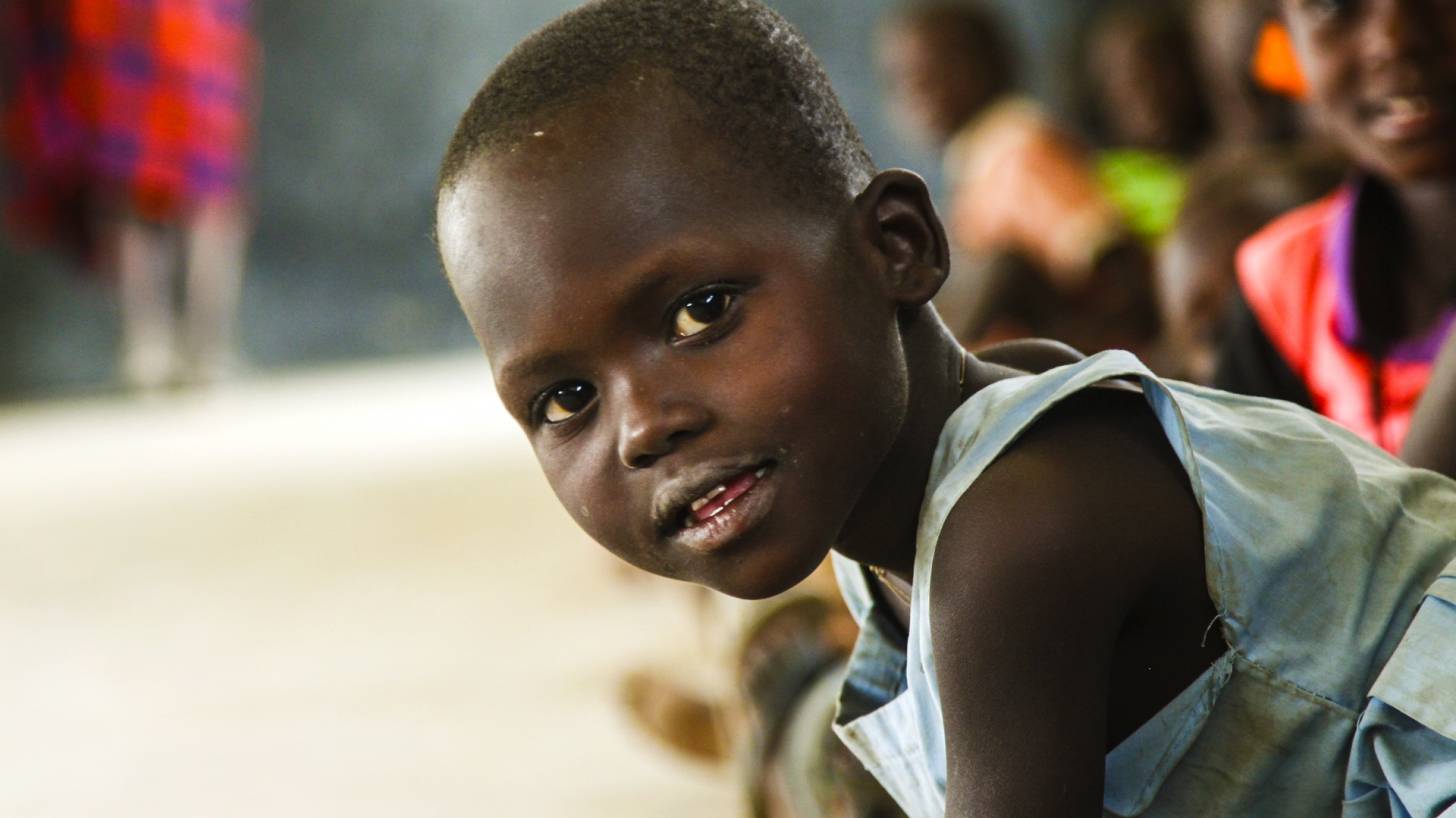
The US Centers for Disease Control and Prevention (CDC) published 5 separate Alert - Level 2, Practice Enhanced Precautions, regarding the increased spreading of the polio virus on October 26, 2018.
These CDC Travel Alerts for the Democratic Republic of the Congo, Nigeria, Papua New Guinea, Somalia, and Syria note that progress had been made in these countries, but that the contagious virus continues to spread.
The CDC strongly recommends that all travelers to these 5 countries be vaccinated fully against polio. In addition, adults who have been fully vaccinated should receive a single lifetime booster dose of the polio vaccine.
Even if you were vaccinated as a child or have been sick with polio before, you may need a booster dose to make sure you are protected, said the CDC.
Moreover, long-term visitors staying more than 4 weeks may be required to show proof of polio vaccination when leaving these polio-infected countries.
To meet this travel departure requirement, long-term visitors should receive the polio vaccine between 4 weeks and 12 months before the date of departure, to ensure their immune systems immunized against polio.
These upgraded Alert - Level 2 warnings are for these countries:
- Democratic Republic of Congo: Cases of vaccine-derived polio have been reported in the Democratic Republic of the Congo, according to the World Health Organization (WHO). The cases occurred in Haut-Lomami Province and in Maniema Province.
- Nigeria: The Nigerian Ministry of Health has reported several cases of poliovirus in the state of Borno in northeastern Nigeria. The Nigerian government is conducting widespread immunizations to prevent further transmission.
- Papua New Guinea: An outbreak of polio has been reported in the provinces of East Sepik, Madang, Eastern Highlands, Enga, Jiwaka, Morobe Province, and National Capital District in Papua New Guinea. This outbreak is caused by vaccine-derived poliovirus (VDPV), a sign of low oral polio vaccine coverage in the country.
- Somalia: A polio outbreak has been reported in Mogadishu and the Hiran and Middle Shabelle regions. This outbreak is caused by vaccine-derived poliovirus (VDPV), a sign of low oral polio vaccine coverage in the country.
- Syria: Cases of vaccine-derived polio have been reported in Syria, according to the Global Polio Eradication Initiative. Most cases have been reported in Mayadeen District, in Dayr az Zawr Province.
A vaccine-derived poliovirus (VDPV) is a strain of the weakened poliovirus that was initially included in oral polio vaccine (OPV) and that has changed over time and behaves more like the wild or naturally occurring virus, says the CDC.
This means it can be spread more easily to people who are unvaccinated against polio and who come in contact with the stool or respiratory secretions, such as from a sneeze, of an infected person.
For this reason, the eradication of polio requires stopping all OPV in routine immunization, as soon as possible after the eradication of wild poliovirus (WPV) transmission.
The oral polio vaccine, which is made from a weakened strain of the poliovirus, is given as drops in the mouth to protect again.
To protect Americans against all 3 types of WPV, the CDC has exclusively endorsed the inactivated polio vaccine (IPV), which requires 4 doses, since 2000.
Travel vaccination appointments can be scheduled at Vax-Before-Travel and vaccine discounts can be found here.
Polio is a crippling and potentially deadly disease that affects the nervous system. It is spread through contact with the feces of an infected person. It is also spread by drinking water or eating food that is contaminated with infected feces.
Most people with polio do not feel sick. Some people have only minor symptoms, such as fever, tiredness, nausea, headache, nasal congestion, sore throat, cough, stiffness in the neck and back, and pain in the arms and legs.
In rare cases, polio infection causes permanent loss of muscle function. Polio can be fatal if the muscles used for breathing are paralyzed or if there is an infection of the brain.
For specific information related to US travelers and guidance on interpreting any ad hoc doses of polio vaccine in relation to the individual’s vaccine schedule, please consult the CDC MMWR, "Interim CDC Guidance for Polio Vaccination for Travel to and from Countries Affected by Wild Poliovirus," specifically the section titled Interim Vaccination Guidance to Comply with WHO International Health Regulations Temporary Recommendations for Countries Designated as “Polio-infected.”
For more information on OPV cessation, please visit the Global Polio Eradication Initiative’s website or the Polio Vaccine Information Statement (VIS) for more information.
Vaccines, like any medicine, can have side effects. You are encouraged to report negative side effects of vaccines to the FDA or CDC.
Our Trust Standards: Medical Advisory Committee


